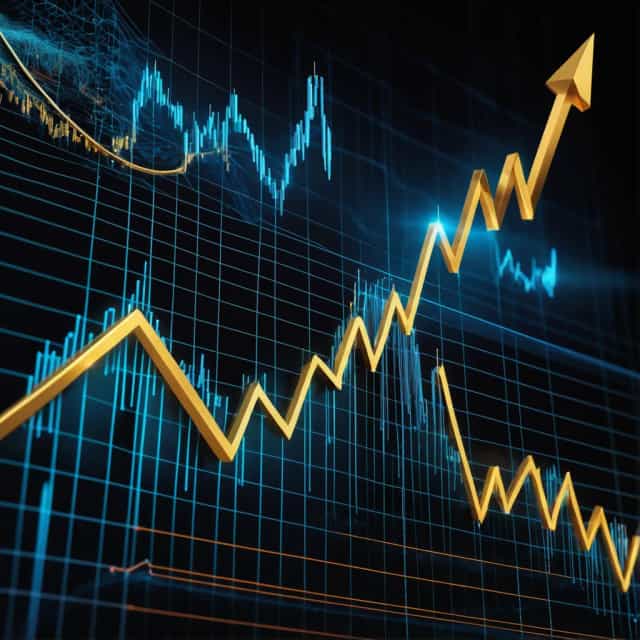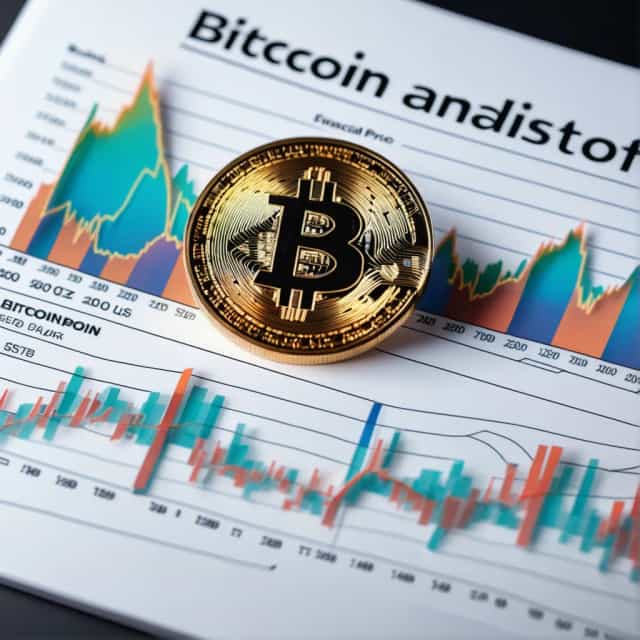
Image source: Block Media
Kospi Slumps After Six-Day Rally as Foreign and Institutional Investors Sell-Off
The Kospi Index, South Korea's primary stock market benchmark, reversed its six-session winning streak on October 23, closing nearly 1% lower amid a flurry of foreign and institutional selling. Despite the Bank of Korea's decision to maintain its key interest rate, profit-taking and mounting global uncertainties added downward pressure to the market. The index finished the session at 3,845.56, down 38.12 points or 0.98%, compared to the previous day’s close of 3,883.68.
The trading day began on a weak note, with the Kospi opening at 3,835.79—a steep 1.23% decline from the prior session’s close—and continued to slide throughout the day. This fall marked a sharp reversal from the six consecutive sessions of gains that had pushed the index to multi-month highs.
Analysts attributed the sell-off to a combination of geopolitical pressures, including renewed U.S.-China tensions, and uncertainties in global corporate earnings. The earnings season kicked off with major companies reporting mixed results, further fueling caution among investors. Furthermore, the Bank of Korea’s decision to maintain its policy rate for the third consecutive meeting did little to revive sentiment, signaling a conservative monetary stance amid ongoing challenges in the domestic economy.
Intensified Foreign and Institutional Selling
The Kospi’s dip was largely driven by foreign and institutional investors offloading shares at significant levels. Foreign investors recorded a net selling activity of KRW 611.2 billion, while institutions followed with net sales of KRW 332.6 billion. Individual investors stepped in with net purchases of KRW 911.2 billion, attempting to absorb the selling pressure, but their efforts fell short of stabilizing the market.
Market analyst Lee Jae-won of Shinhan Investment Corp commented, “Given the continued net selling by foreign and institutional investors, it's challenging for the index to sustain recent highs. The Bank of Korea’s decision to maintain its benchmark interest rate is also contributing to bearish sentiment, as it signals caution in addressing sluggish growth.”
Top Kospi Stocks Face Heavy Losses
Among the top Kospi stocks, losses were widespread, with only Hanwha Aerospace bucking the trend and gaining 4.17%. Industry-leading stocks experienced declines, such as Samsung Electronics, which fell 2.13%, SK Hynix with a 0.62% drop, and Hyundai Motor, which tumbled 3.45%.
According to Lee Jae-won, market focus will increasingly shift toward critical developments, including negotiations on tariffs between South Korea and the U.S., emerging trends in U.S.-China trade discussions, and corporate third-quarter earnings reports. Key updates from Intel and Ford, among other major global players, are expected to shape sentiment in the near term.
KOSDAQ Declines Amid Mixed Stock Performance
The KOSDAQ Index mirrored the Kospi’s decline, shedding 7.12 points or 0.81% to close at 872.03 from the previous session’s 879.15. The index started its trading day at 874.13—down 0.57%—and extended losses as the session unfolded.
On the buying side, individual investors provided modest support to the KOSDAQ, purchasing a net KRW 193.2 billion. Nonetheless, this demand was overshadowed by selling activities from foreign investors and institutions, who offloaded holdings worth KRW 134.9 billion and KRW 22 billion, respectively.
Performance among large-cap stocks on the KOSDAQ was mixed. Alteogen edged up by 0.33%, PharmaResearch gained 0.18%, and HLB added 0.34%. On the other hand, EcoPro and EcoPro BM dragged the index lower, registering sharp declines of 6.75% and 3.51%, respectively.
Korean Won Weakens on Currency Market
Adding to the day’s bearish tone, the Korean won weakened against the U.S. dollar in the Seoul foreign exchange market. The exchange rate climbed by 9.8 won compared to the previous session, closing at 1,439.6. The currency's depreciation highlights growing concerns over South Korea's exposure to global economic pressures, compounded by geopolitical risks and fluctuating market sentiment.
Outlook: Market Uncertainty Looms
The declines across both the Kospi and KOSDAQ underline the heightened uncertainty in South Korean financial markets. Geopolitical tensions, fragile global trade dynamics, and corporate earnings data are expected to weigh heavily on investor sentiment in the coming days. Analysts caution that the interplay between these factors could shape the trajectory of South Korea’s equity markets and broader economic outlook in the short term.










